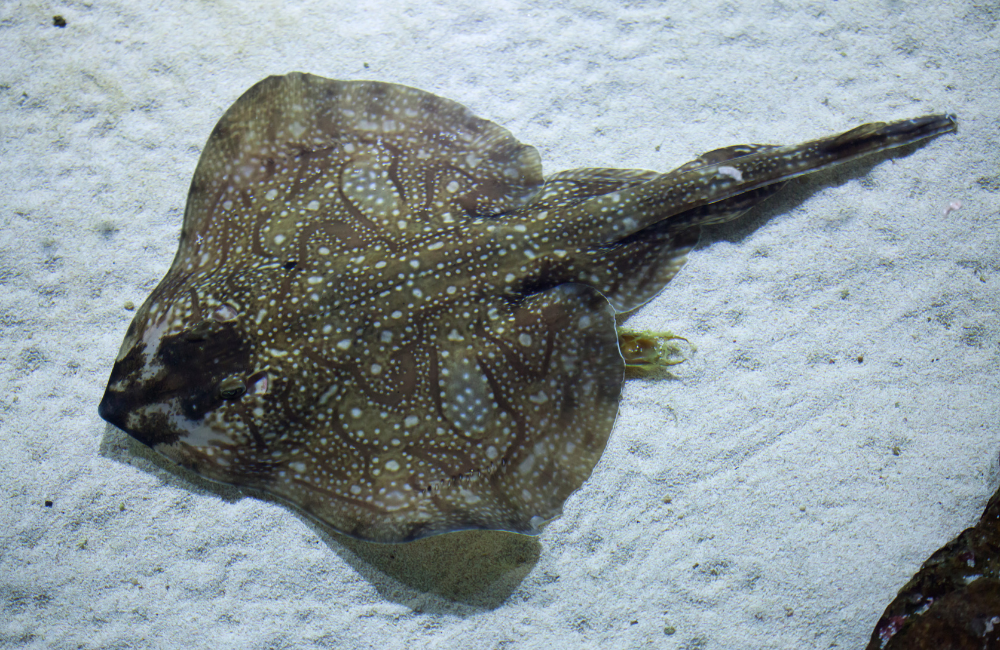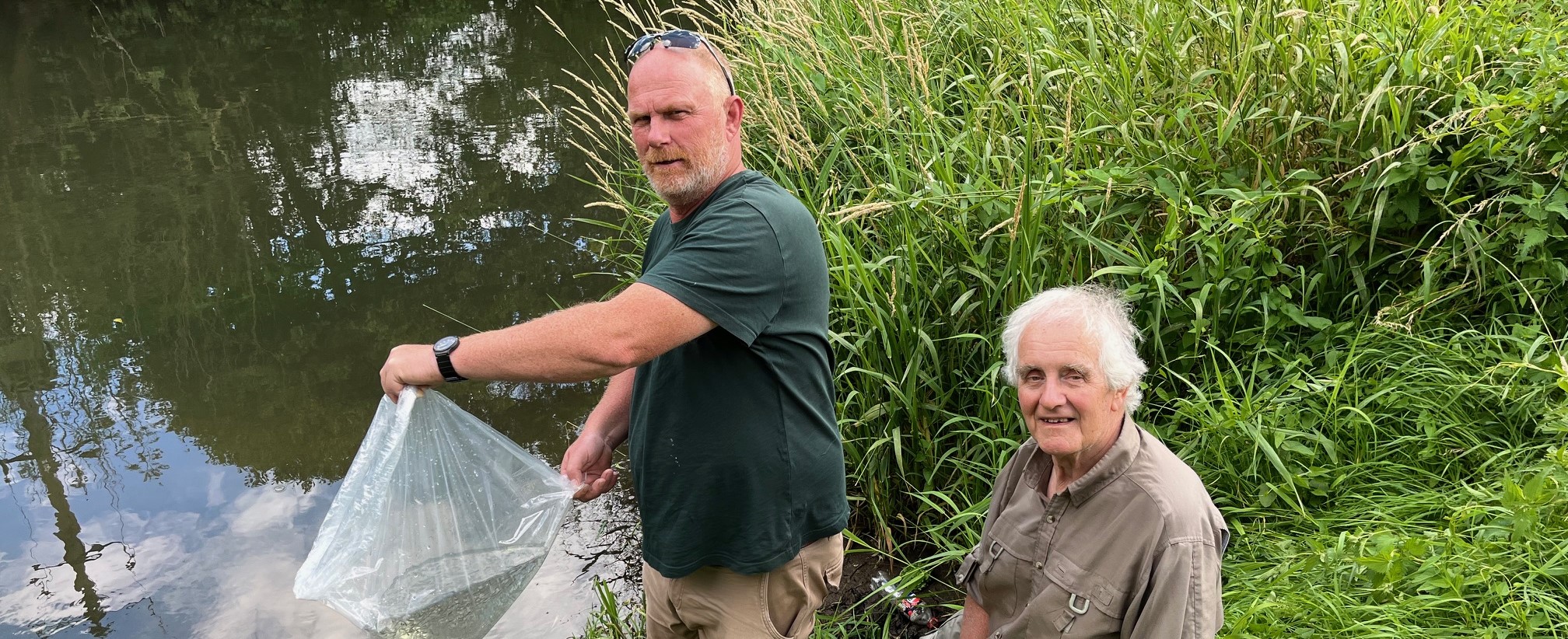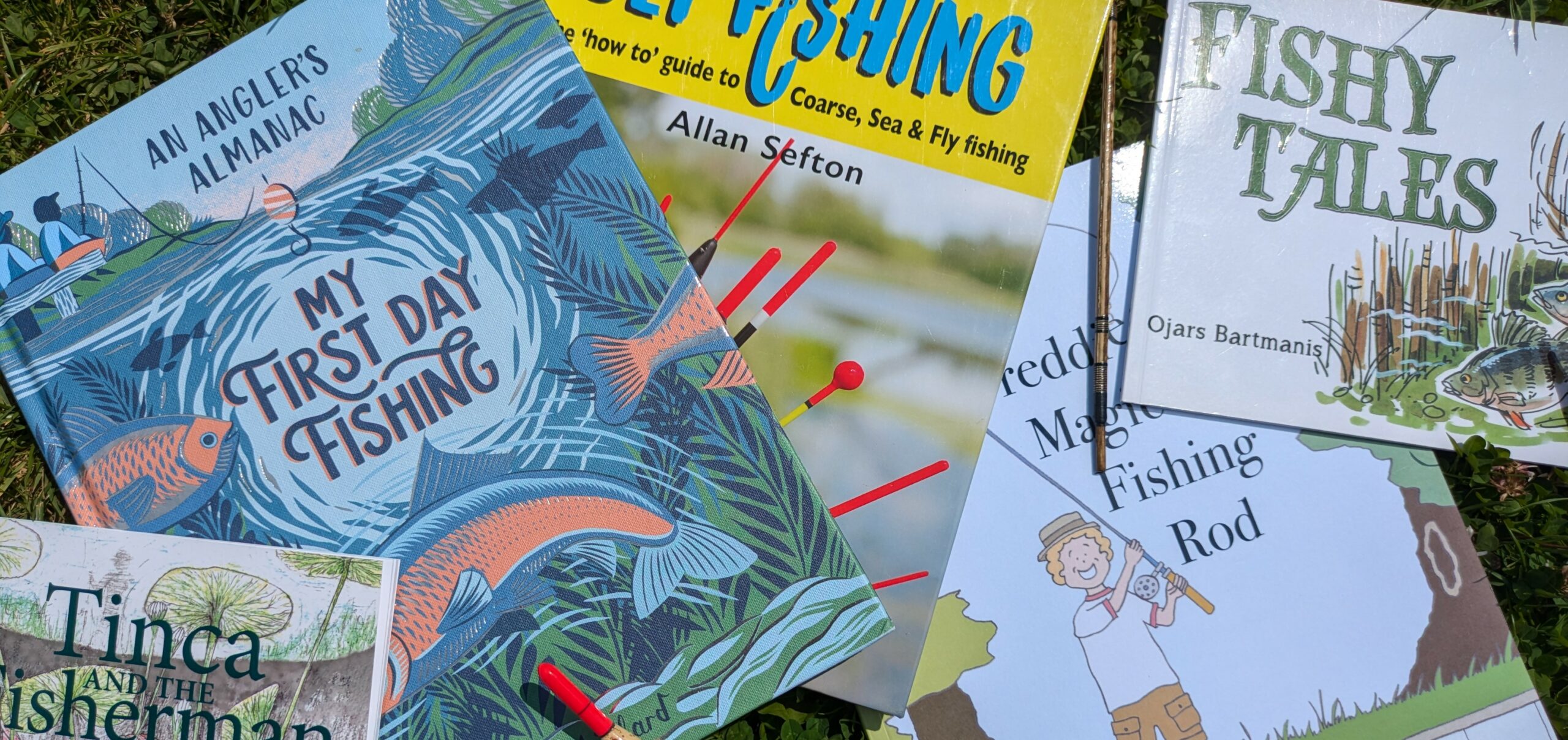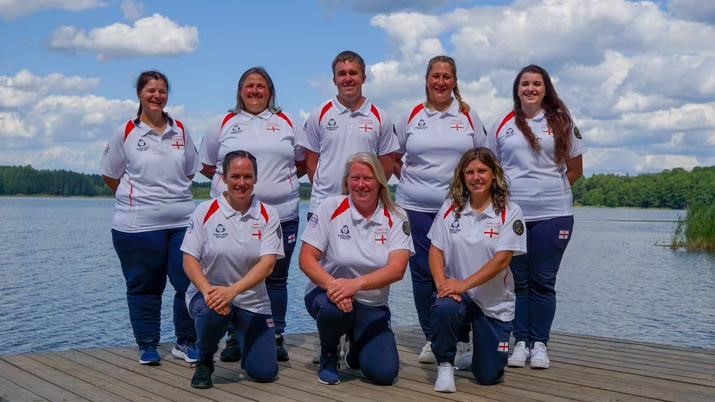
Marine
Anglers successfully fight against an increase in commercial landings of undulate ray
During the last quarter of 2023, the MMO considered increasing the commercial per-trip catch limit of the critically endangered undulate ray from 200kg to 400kg in ICES areas VIId and VIIe.
Sussex IFCA requested that the Angling Trust provide data from the Sea Angling Diary project to allow them to better investigate recent trends in the local undulate ray population. These data were crucial as they indicated a decline in recreational catches since the commercial quota was substantially increased from 75t in 2022, to 1071t in 2023. Furthermore, the Angling Trust was keen to communicate the importance of maintaining this recreational fishery, in part due to its socio-economic benefits.
As a result of the consultation, the MMO decided to maintain a 200kg per-trip catch limit, in line with the precautionary principle. The MMO will keep this position under consideration throughout 2024 and may review based on new evidence. Sussex IFCA provided the following statement:
“Sussex IFCA are committed to managing a sustainable marine environment and inshore fisheries, to ensure healthy seas, sustainable fisheries, and viable industry. On this occasion, given the very recent and considerable increase in fishing pressure, in combination with the critically endangered IUCN status of the undulate ray, Sussex IFCA felt an evidence-based approach should be prioritised, and therefore the consequences of the recent management changes should be established before further demands are placed on the stock. As such, Sussex IFCA support the MMO’s decision to keep this quota under review and hope that suitable monitoring can elucidate recent population trends, ultimately facilitating sustainable fishing and the right balance between social, environmental, and economic benefits.”
This outcome highlights the value of recreational angling catch data to decision-makers and the angling community, as well as the growing influence of recreational anglers, which is facilitated by the Angling Trust and its strong relationships with IFCAs and the MMO.
You can read more about the Sea Angling Diary project here: https://www.seaangling.org/
The MMO’s full statement is as follows:
MMO has taken this decision in line with the Fisheries Objectives under the Fisheries Act 2020 and other statutory duties, and in consultation with fisheries managers in Areas VIId and VIIe.
Uptake for the stock is generally low (around 10%) and evidence has been provided that an increase in landings as a result of the proposed increase would not negatively impact market prices in VIIe, though the impact in VIId is anticipated to be greater.
Fishing pressure on the stock has increased rapidly in recent years as the UK total allowable catch has increased from a small bycatch in 2018 to over 1000 tonnes in 2023, and MMO have received reports of lower abundances of the species on the ground in Area VIId, though higher abundances have been reported in Area VIIe.
Undulate rays are a slow maturing, low fecundity species, meaning they are slow to recover from increased fishing pressure. Managing the stock in a precautionary manner, in order to protect aggregations of the species in Areas VIId and VIIe is likely to support greater reproductive success for the stock, which is currently listed as‘Endangered’ by the International Union for Conservation of Nature (IUCN).
Whilst the UK’s total allowable catch could support increased uptake of the stock, due to the endangered nature of the species, there is a need to manage the stock on a precautionary basis. MMO has committed to gathering evidence and exploring management options for undulate rays via the Skates and Rays FMP.
As recreational sea anglers, it’s essential to stay informed and engaged in matters that directly impact the health of our ocean and the future of our sport. The Angling Trust is committed to fighting for fish, fishing and the environment.
Make sure you subscribe to our newsletter and join our Facebook group to be the first to know about the latest sea angling policy developments.
You might also like

New Kennet Hatchery Releases First Reared Fish

Fishing Books for Kids

UK Recreational Catch-and-Release Bluefin Tuna: A step closer to…

MESTER THE MASTER AT FREE SPIRIT MATCH BODDINGTON CLASSIC…

ENGLAND LADIES CARP TEAM MISS MEDAL ON TOUGH LATVIAN…

Angling Trust urges government to go further and faster…

ENGLAND YOUNG GUNS LEAD THE WAY IN HOME NATIONS…

AMAZING ENGLAND COMEBACK SECURES EURO CHAMPS BRONZE

ELLIOT BAGS THIRD NATIONAL WIN AT MARSTON!

PATIENT APPROACH WIN WOMEN’S NATIONAL FOR LEANNE!

Take a Friend Fishing
27th July to 1st September…









